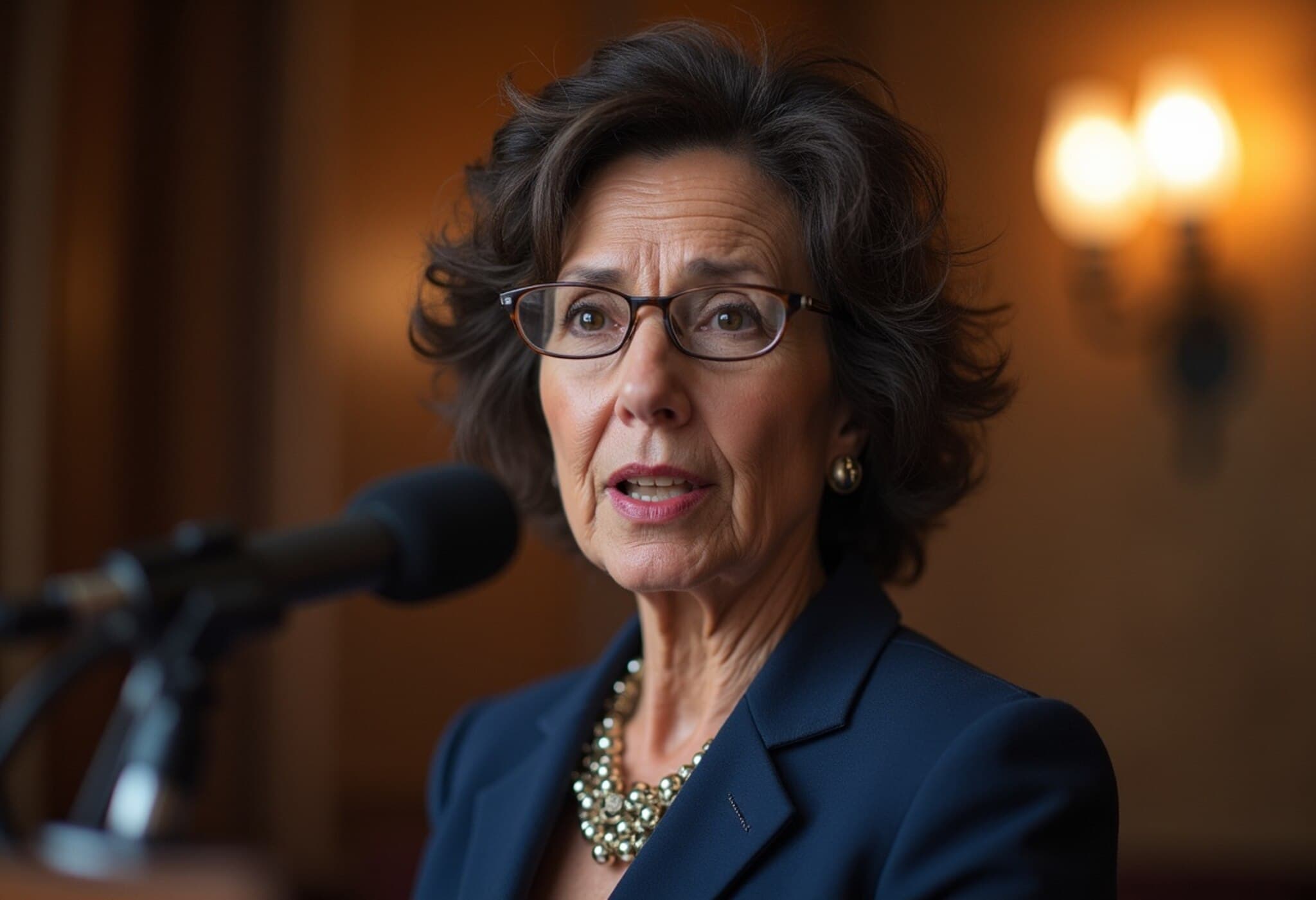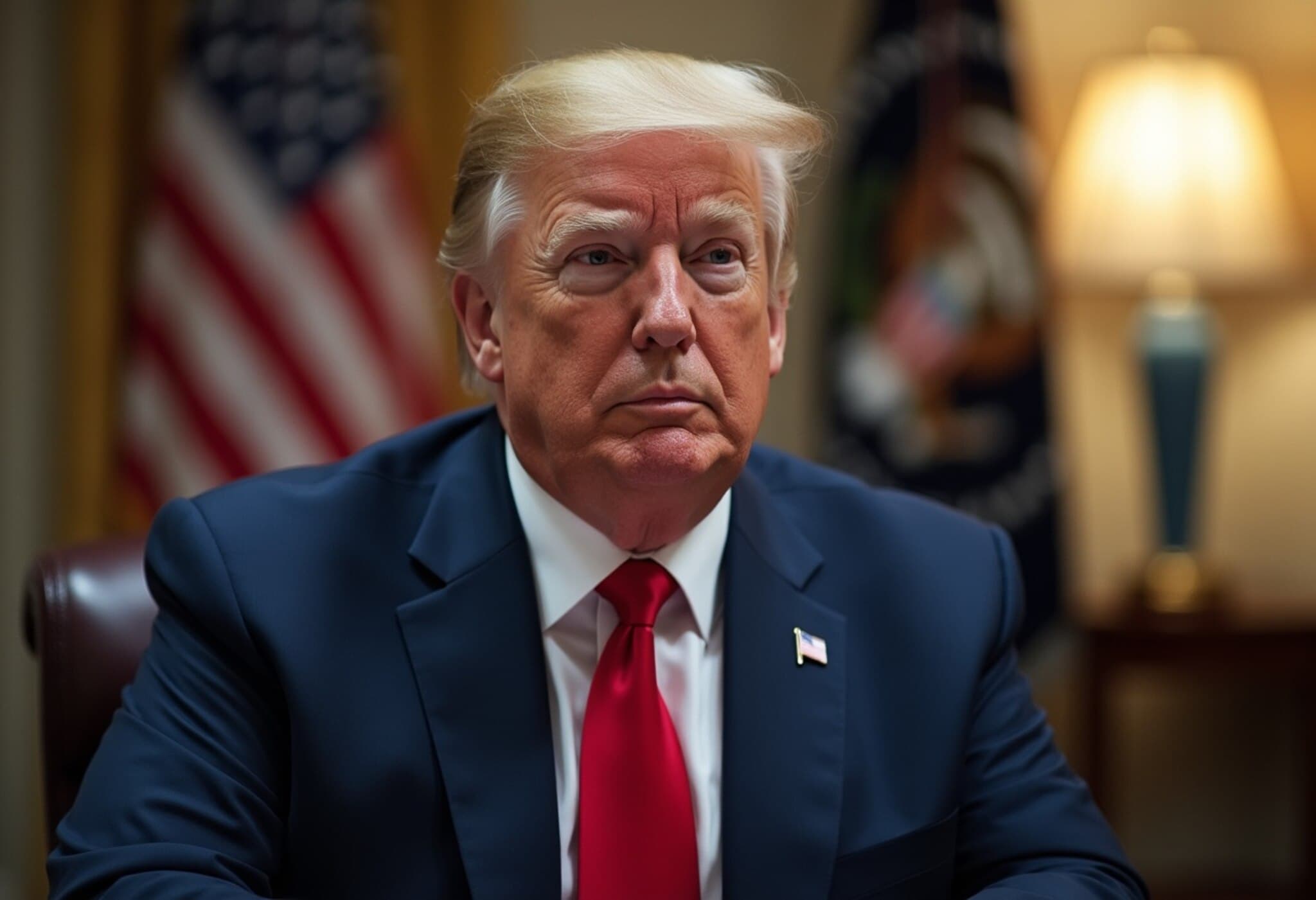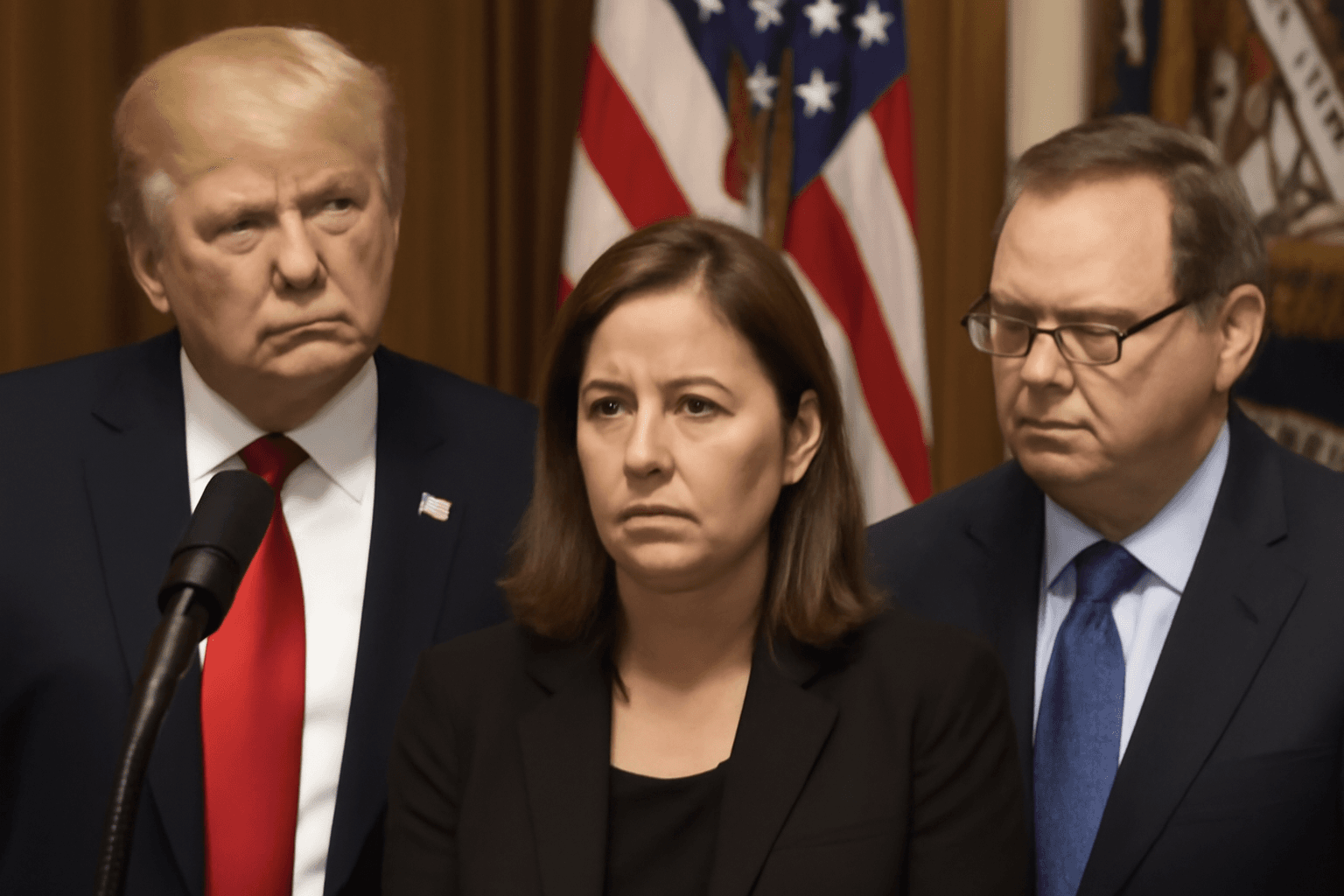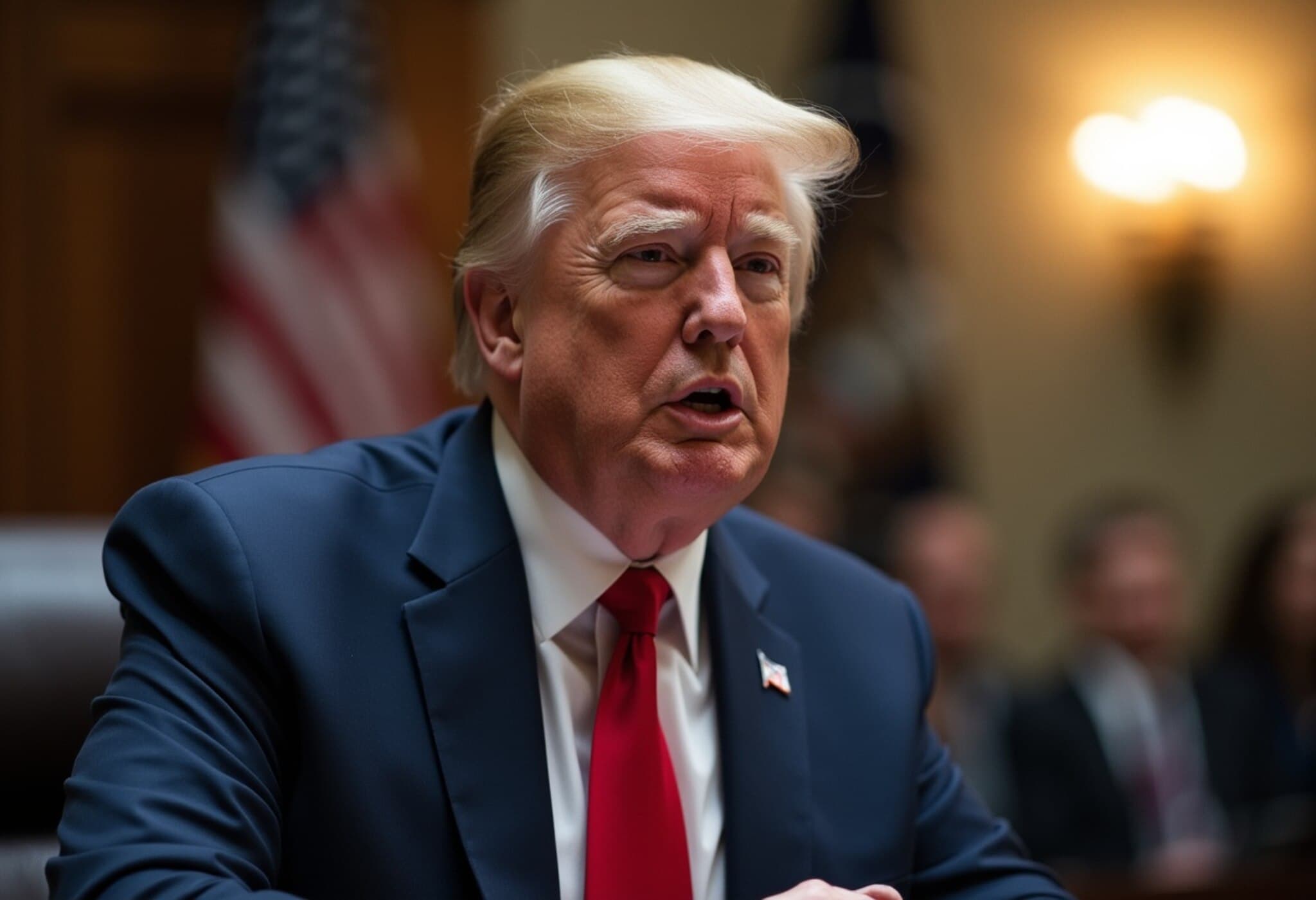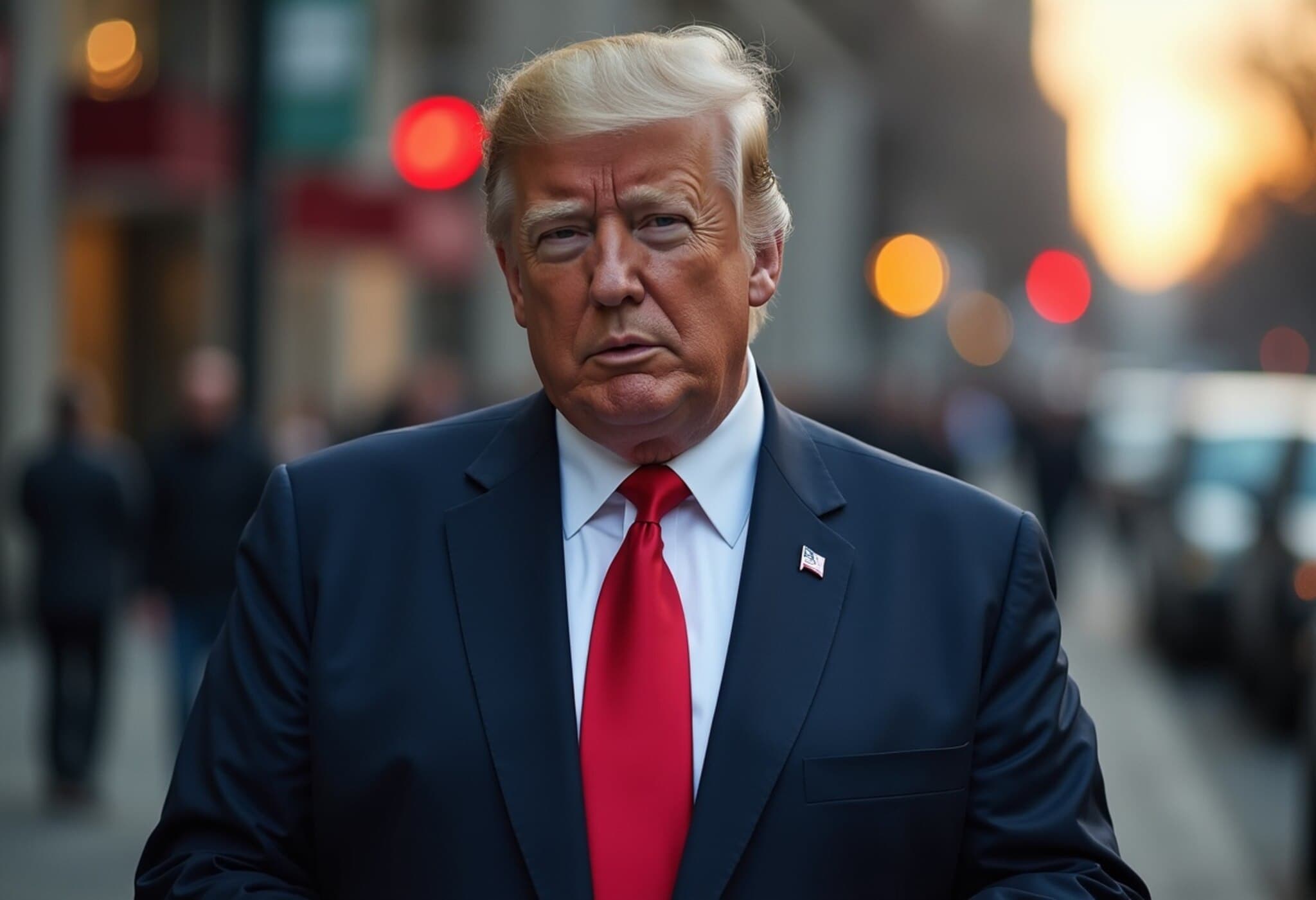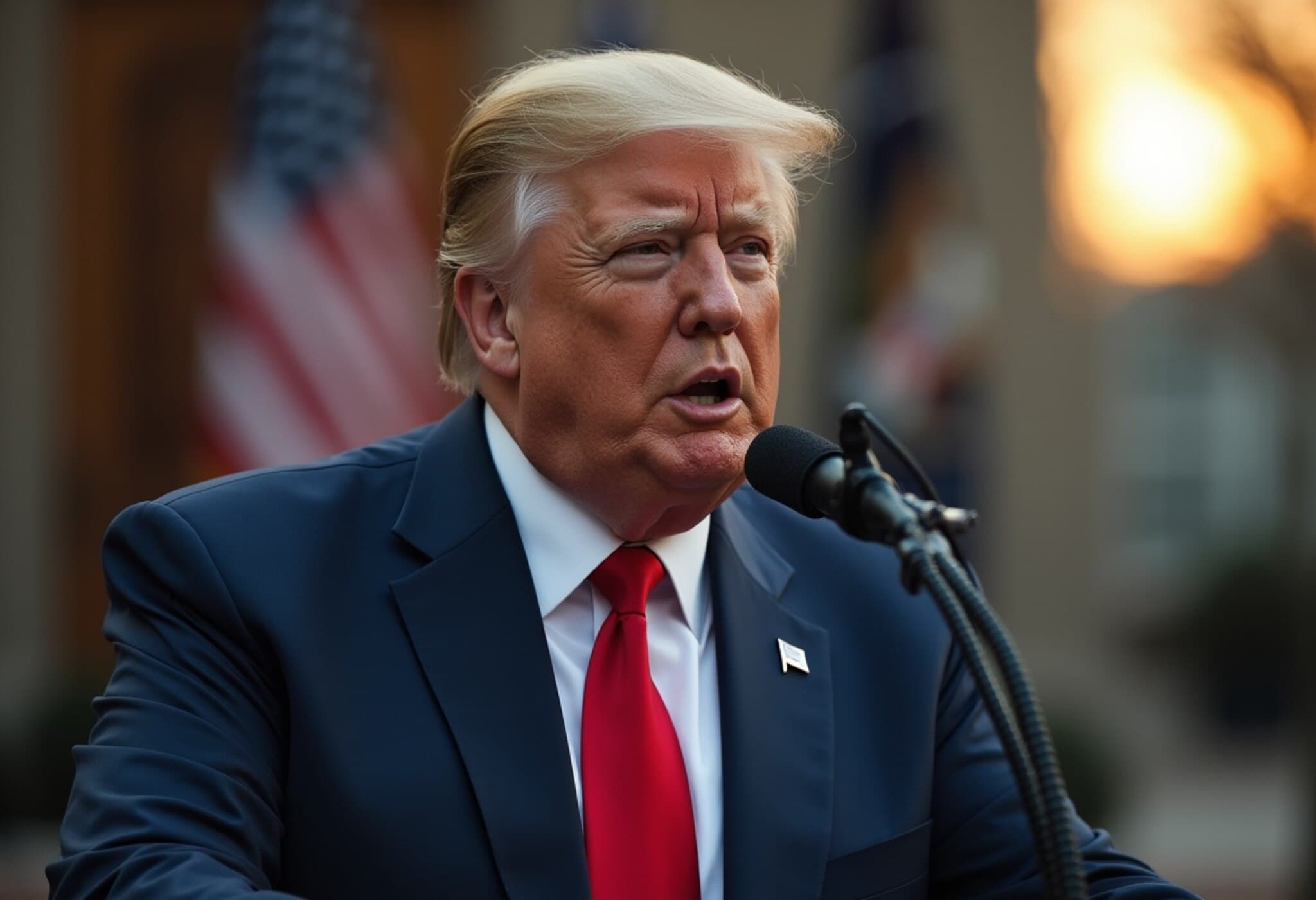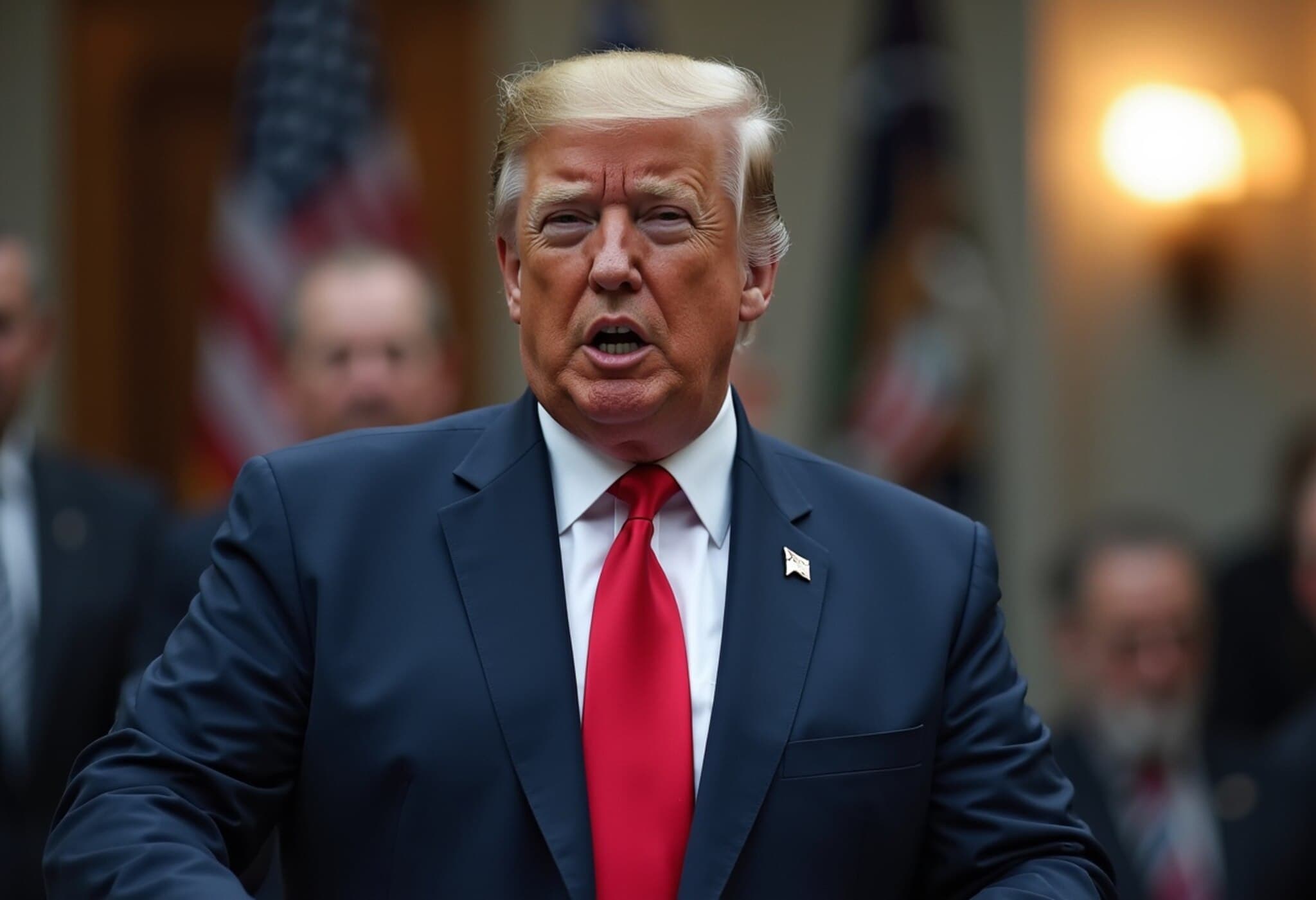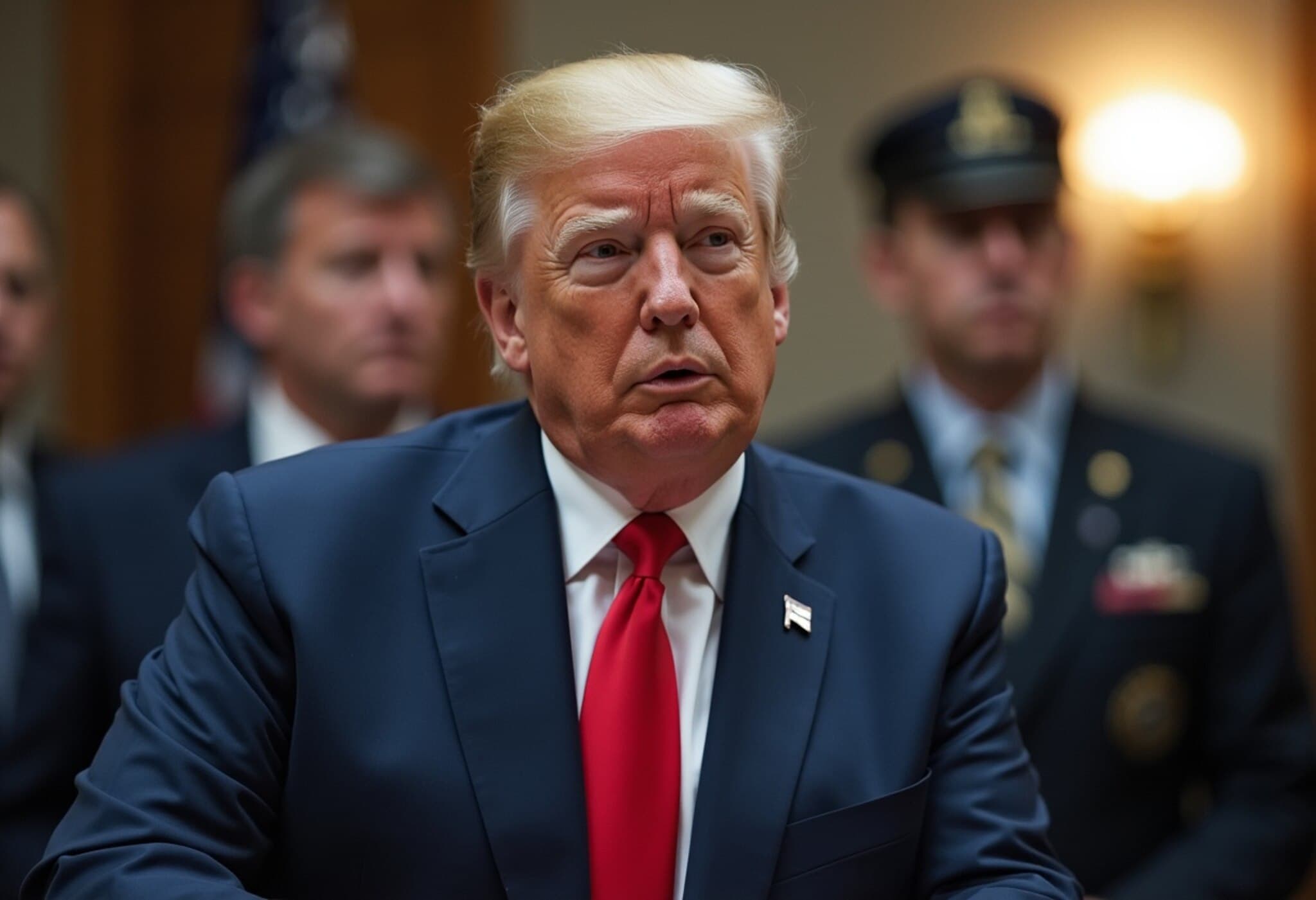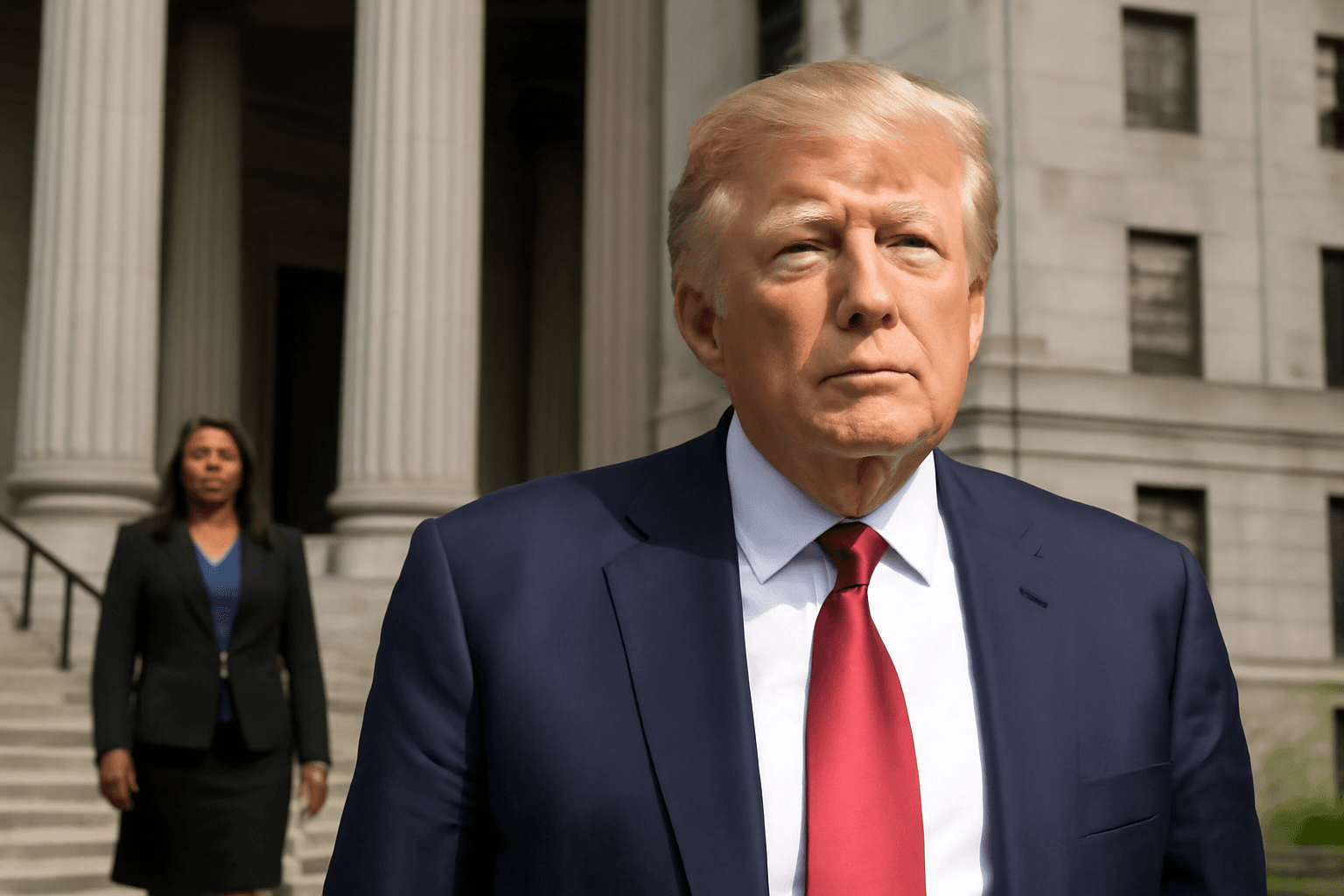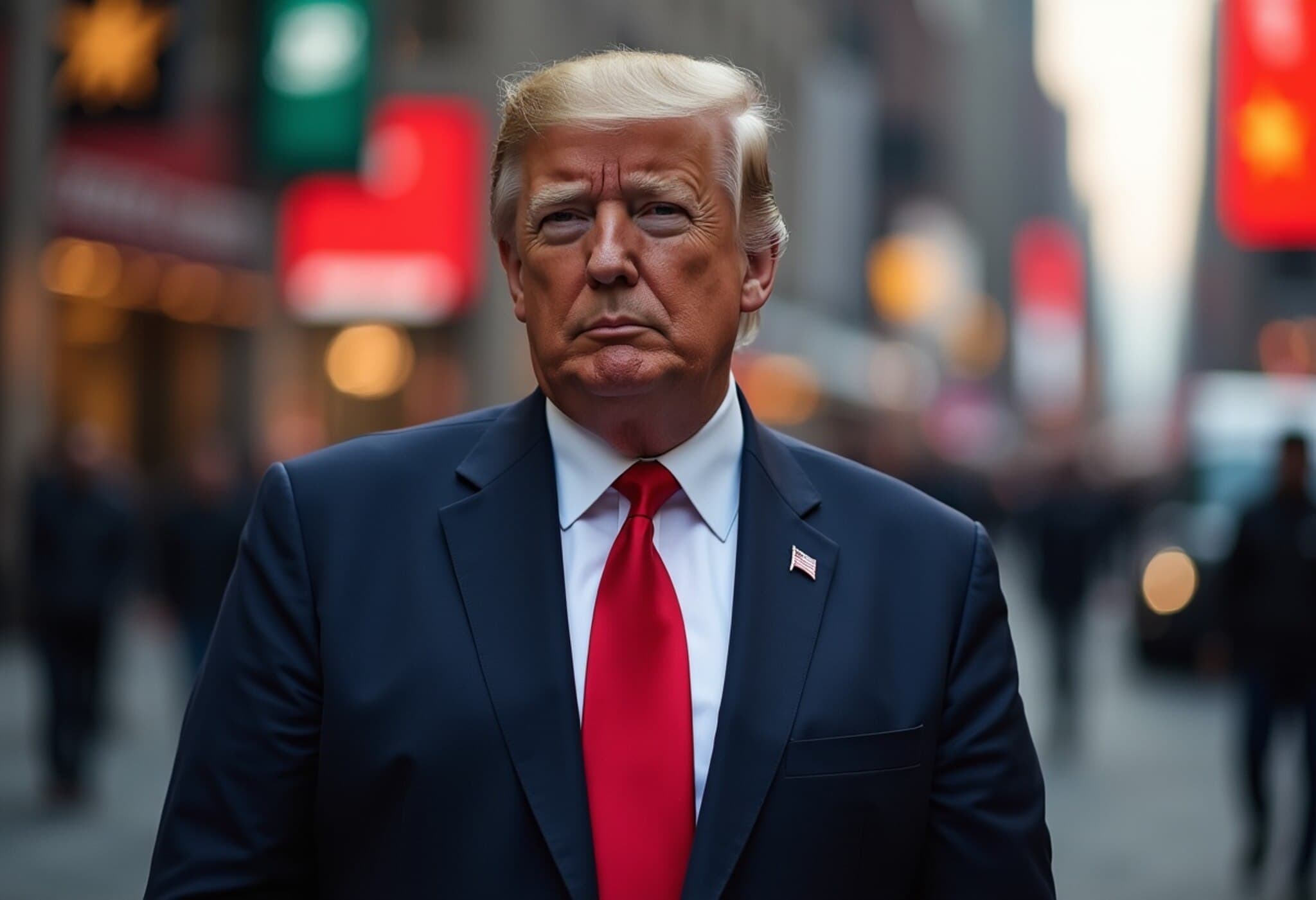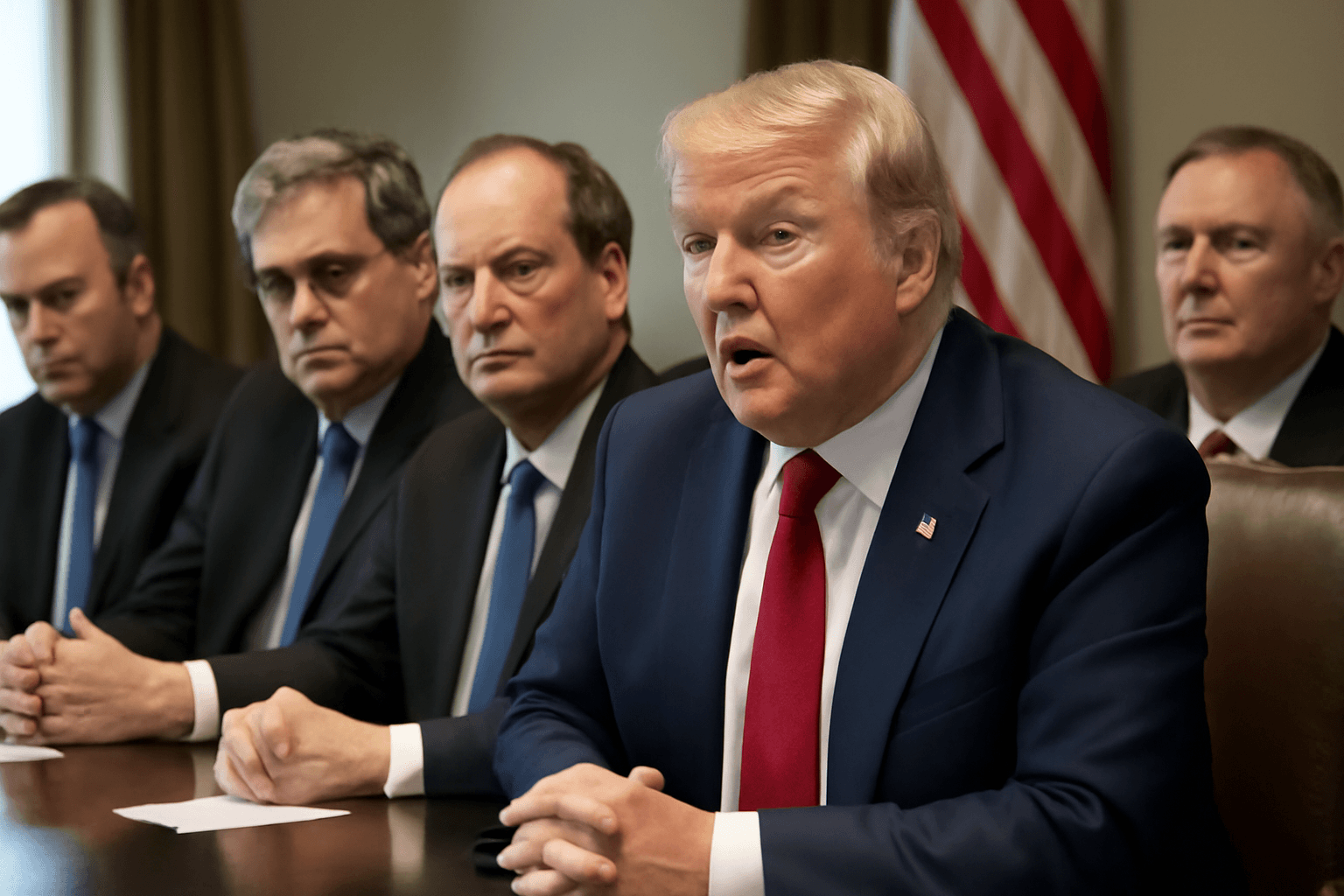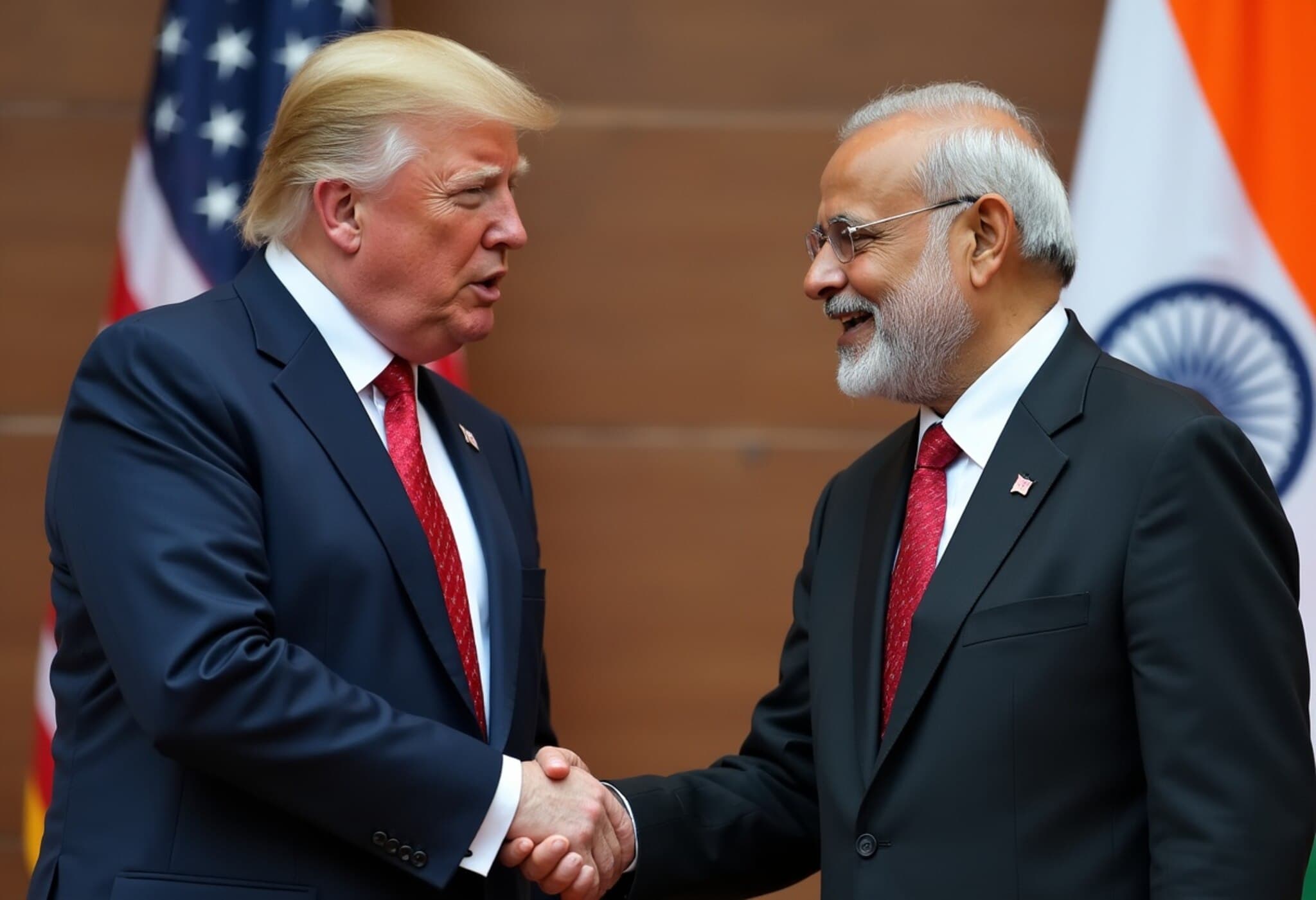New York Governor Kathy Hochul Condemns Trump-Era Tariffs as a Hidden Tax Burden
On August 6, 2025, New York Governor Kathy Hochul delivered a pointed critique of former President Donald Trump’s tariff policies, describing them as a disguised tax that has far-reaching consequences for American families, particularly in her state. Hochul made these remarks during a visit to New York’s 24th Congressional District—the state’s most Republican-leaning constituency—highlighting how the impact transcends political affiliation and hits everyday consumers hard.
Tariffs: The Hidden Cost on American Consumers
Governor Hochul emphasized that tariffs, contrary to common misconceptions, are not paid by foreign governments but by U.S. importers, who inevitably pass these costs onto consumers. This hidden tax inflates the cost of virtually all goods, squeezing household budgets during a period of increasing inflationary pressures.
“The cost of everything is going to go up — everything. All the hard-earned work you do to bring home that paycheck will buy less and less,” Hochul explained. She vividly described the challenges faced by parents preparing for back-to-school shopping, from outgrown sneakers to worn backpacks, connecting emotionally with working-class families struggling to stretch every dollar.
Ripple Effects on Housing and Local Economy
Beyond everyday goods, Hochul pointed out that tariffs have also driven up costs in the housing sector, particularly since they made Canadian labor—an essential part of New York’s workforce—more expensive. This tariff-driven increase restricts the availability and affordability of new housing projects, intensifying the state’s ongoing housing crisis.
The ripple effects extend into New York’s tourism sector. Hochul noted a noticeable decline in Canadian visitors, attributed to strained diplomatic relations sparked by Trump’s aggressive tariff stance and inflammatory rhetoric toward Canada.
Criticism of the ‘One Big Beautiful Bill’ and Welfare Cuts
Hochul didn’t stop at tariffs; she also derided Trump’s controversial legislation dubbed the “One Big Beautiful Bill,” which has been widely criticized for increasing the federal deficit while cutting essential medical aid and food assistance programs. The bill’s sweeping budget cuts threaten to remove social safety nets that millions of Americans rely on.
- Approximately 1.5 million New Yorkers risk losing health insurance coverage.
- In the 24th Congressional District, some 30,000 residents could lose access to healthcare.
- Food assistance cuts will affect around 84,000 children in the state.
- Healthcare costs for an average couple may increase by 33% due to reduced subsidies.
- An estimated 34,000 healthcare jobs in New York face elimination, with 1,000 jobs at risk in the Republican-leaning district.
“These cuts threaten to decimate our healthcare system,” Hochul warned. “They assume people won’t remember what was done to them. It’s my job to remind you.”
Expert Commentary: Economic and Political Ramifications
Hochul’s critique echoes concerns from economists who argue that tariffs, while politically appealing as a symbol of economic protectionism, often backfire by raising input costs for businesses and living expenses for consumers. For many middle- and lower-income families, these tariff-induced price hikes translate into real daily hardships.
From a policy perspective, Hochul’s vocal opposition highlights deep divisions within the U.S. political landscape about trade and social programs. Her remarks in a staunchly Republican district underline the bipartisan nature of these challenges, suggesting that economic realities may cut across partisan lines more than expected.
Broader Implications for U.S.-Canada Relations
The governor’s comments also shed light on the fragile state of U.S.-Canada relations following years of tariff disputes and political rhetoric. As Canada remains one of the United States’ closest allies and largest trading partners, sustained economic hostility could undermine regional cooperation and economic growth for both countries.
Looking Ahead: What This Means for American Families
Governor Hochul’s speech draws attention to the multifaceted impacts of tariff and welfare policies on ordinary Americans. As families navigate rising costs in housing, groceries, healthcare, and education, policymakers face mounting pressure to balance economic protectionism with the realities of everyday living expenses.
The ongoing debate raises critical questions about fiscal responsibility, international diplomacy, and social welfare priorities as the United States prepares for future economic challenges.

